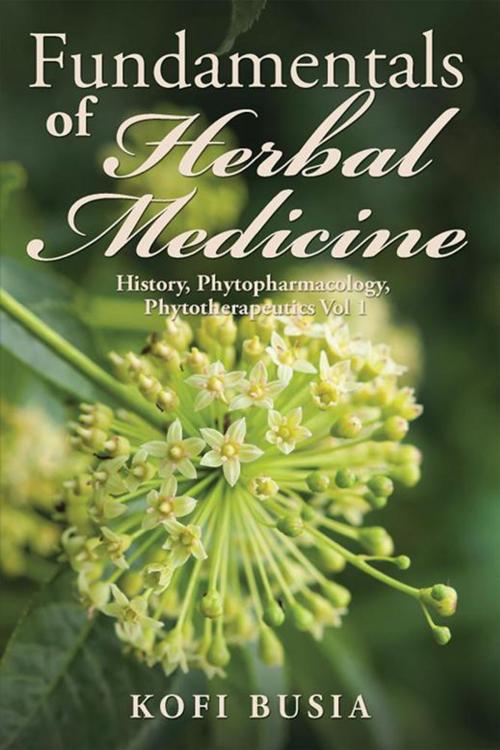Fundamentals of Herbal Medicine
History, Phytopharmacology and Phytotherapeutics Vol 1
Nonfiction, Reference & Language, Reference, Guides & Handbooks, Health & Well Being, Health| Author: | Kofi Busia | ISBN: | 9781514447352 |
| Publisher: | Xlibris UK | Publication: | August 27, 2016 |
| Imprint: | Xlibris UK | Language: | English |
| Author: | Kofi Busia |
| ISBN: | 9781514447352 |
| Publisher: | Xlibris UK |
| Publication: | August 27, 2016 |
| Imprint: | Xlibris UK |
| Language: | English |
This book consists of cutting-edge materials drawn from diverse, authoritative sources, which are sequentially arranged into a multipurpose, one-stop-shop, user-friendly text. It is divided into four parts as follows: Part 1: Historical overview of some indigenous medical systems; an outline of the basic concepts of pharmacognosy, ethnopharmacology; common analytical methods for isolating and characterising phytochemicals; and the different methods for evaluating the quality, purity, biological and pharmacological activities of plant extracts. Part 2: Phytochemistry and mode of action of major plant metabolites. Part 3: Systems-based phytotherapeutics; discusses how dysfunctioning of the main systems of the human body can be treated with herbal remedies. Part 4: Provides 153 monographs of some medicinal plants commonly used around the world, including 63 on African medicinal plants. This book therefore demonstrates the scrupulous intellectual nature of herbalism, depicting it as a scientific discipline in its own right.
This book consists of cutting-edge materials drawn from diverse, authoritative sources, which are sequentially arranged into a multipurpose, one-stop-shop, user-friendly text. It is divided into four parts as follows: Part 1: Historical overview of some indigenous medical systems; an outline of the basic concepts of pharmacognosy, ethnopharmacology; common analytical methods for isolating and characterising phytochemicals; and the different methods for evaluating the quality, purity, biological and pharmacological activities of plant extracts. Part 2: Phytochemistry and mode of action of major plant metabolites. Part 3: Systems-based phytotherapeutics; discusses how dysfunctioning of the main systems of the human body can be treated with herbal remedies. Part 4: Provides 153 monographs of some medicinal plants commonly used around the world, including 63 on African medicinal plants. This book therefore demonstrates the scrupulous intellectual nature of herbalism, depicting it as a scientific discipline in its own right.















